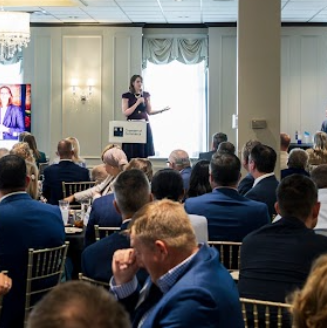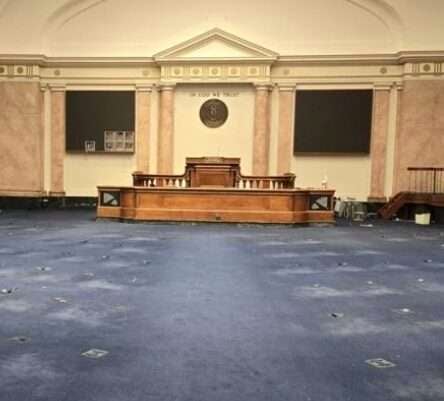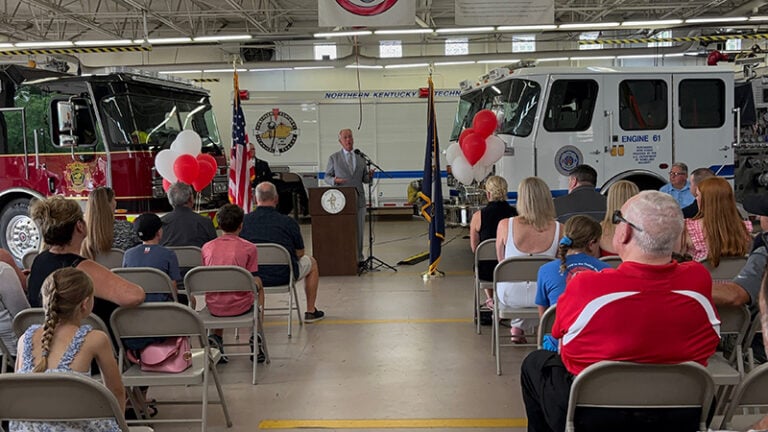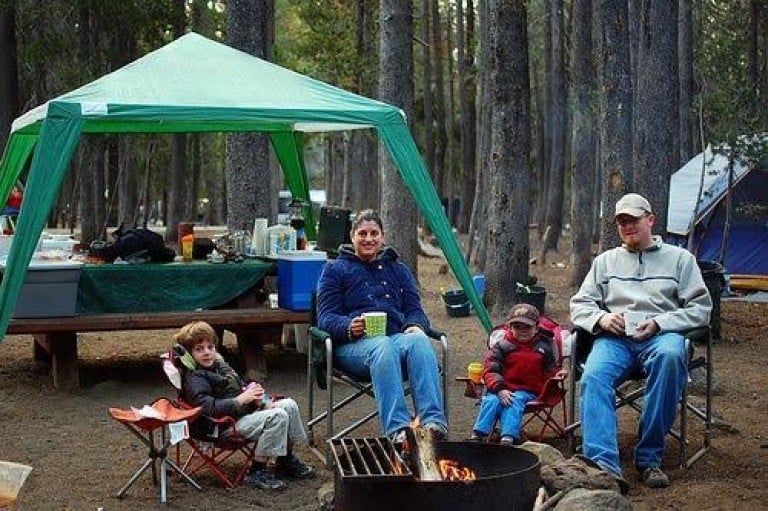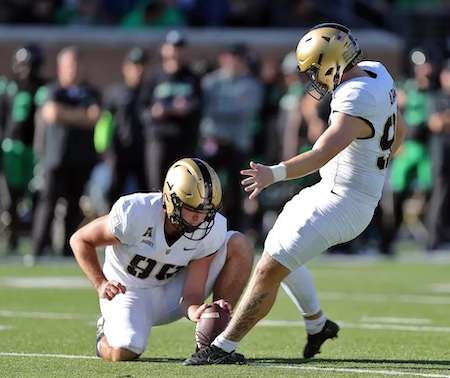A bill proposing age verification limits on websites where children can access adult content is currently making its way through the Kentucky legislature. Children are frequently exposed to pornography but not without consequence to their innocence and developing brains.
In a 2021 interview, Grammy-winning singer Billie Eilish told Howard Stern that she began watching pornography at age 11. She said that it turned into an addiction that “really destroyed [her] brain, and [she felt] incredibly devastated that [she] was exposed to so much porn.” The violent and abusive content gave Eilish nightmares. The research corroborates Eilish’s experience of harmful impact porn has on minors.
Professor Gail Dines wrote a scholarly article “Growing Up With Porn: The Developmental and Societal Impact of Pornography on Children” (2017), and said we’re in the “midst of a massive social experiment that is having a seismic impact on the sexual templates, behaviors, emotional wellbeing, and attitudes of youth. Never before have we brought up a generation of boys who are a click away from viewing free hardcore mainstream pornography or girls who are growing up in this pornified culture.”

Prof. Dines goes on to say that young boys fed on a steady diet of porn find it more difficult to form intimate relationships. Violent porn in particular shapes their template of sexuality and young women are often the unwanted recipients of harmful and adverse behaviors. It should be obvious that today’s pornography is much more violent and disturbing than the pre-internet illicit images of the 1980’s and 90’s that were kept at arms length from young boys by gas station gatekeepers who policed the Playboy rack.
Today DIY pornography is available through websites like Pornhub and OnlyFans. On March 13, Reuters broke a story of a video posted on OnlyFans of a woman who was violently raped in 2022. Two months later she learned the video was sold online for $15. In 2020, Nicholas Kristof exposed Pornhub for monetizing “child rapes, revenge pornography, spy cam videos of women showering, racist and misogynist content, and footage of women being asphyxiated in plastic bags.” On December 19, A U.S. District Court judge in Alabama denied Pornhub Section 230 immunity from a lawsuit whose accuser said is creating a business model that “enables them to profit from sex trafficking ventures involving tens of thousands of children.” The plantiff also alleges that Pornhub has “received and distributed vast amounts of child sexual abuse material on their pornography website.”
Appalling. Unthinkable. And all within a search term and mouse click away for unsupervised and curious kids in our Commonwealth. This is because Kentucky doesn’t restrict online porn access from minors.
According to a national survey by Common Sense Media in 2022, 15% of teens say they first viewed online pornography by age 10 or younger. 44% have seen it intentionally, and 58% have seen it accidentally. A study by the National Center on Sexual Exploitation in 2019 found that “64% of those ages 13-24 seek out pornography weekly or more.”
So why haven’t controls or means of verification which ensure that children cannot access images that warp their young minds? HB 463, sponsored by Stephanie Dietz (R-Edgewood), requires age verification and parental consent features for social media platforms and other websites like Pornhub where children could be exposed to obscene material.
Opponents object to age verification requirements on First Amendment free speech grounds. But our society protects children from products and activities deemed harmful to minors. The law restricts those under 21 access to alcohol, tobacco, or e-cigarettes. The law also keeps minors out of strip clubs and access to printed obscene material. There’s a great public interest in protecting healthy child development and preventing exposure to harm. Why aren’t there any laws in our commonwealth that protect children from online pornography, which is even more harmful?
Nine states currently have age verification laws. to protect minors. On March 7, the U.S. 5th Circuit Court of Appeals upheld Texas’ age verification law and said, “The proper standard of review is rational-basis, not strict scrutiny. Applying rational-basis review, the age-verification requirement is rationally related to the government’s legitimate interest in preventing minors’ access to pornography. Therefore, the age-verification requirement does not violate the First Amendment.”
House Bill 463 protects kids and empowers parents. And by the way, Pornhub isn’t doing business in Texas and some other states because they refused to verify age. Maybe Kentucky can be the next state to say no to such exploitative platforms that harm kids in our commonwealth.
Commonwealth Policy Center research assistant Christopher Parr contributed to this column.
Richard Nelson is the executive director of Commonwealth Policy Center. He is also the host of the Commonwealth Matters Podcast on Spotify.







